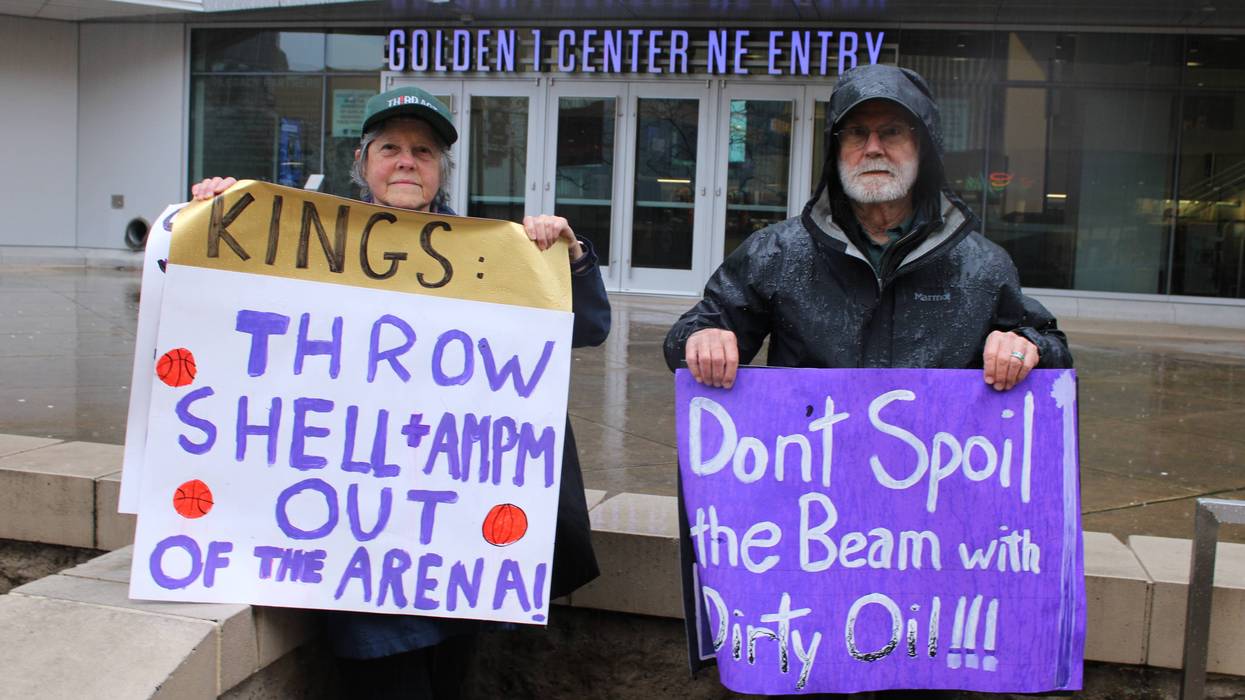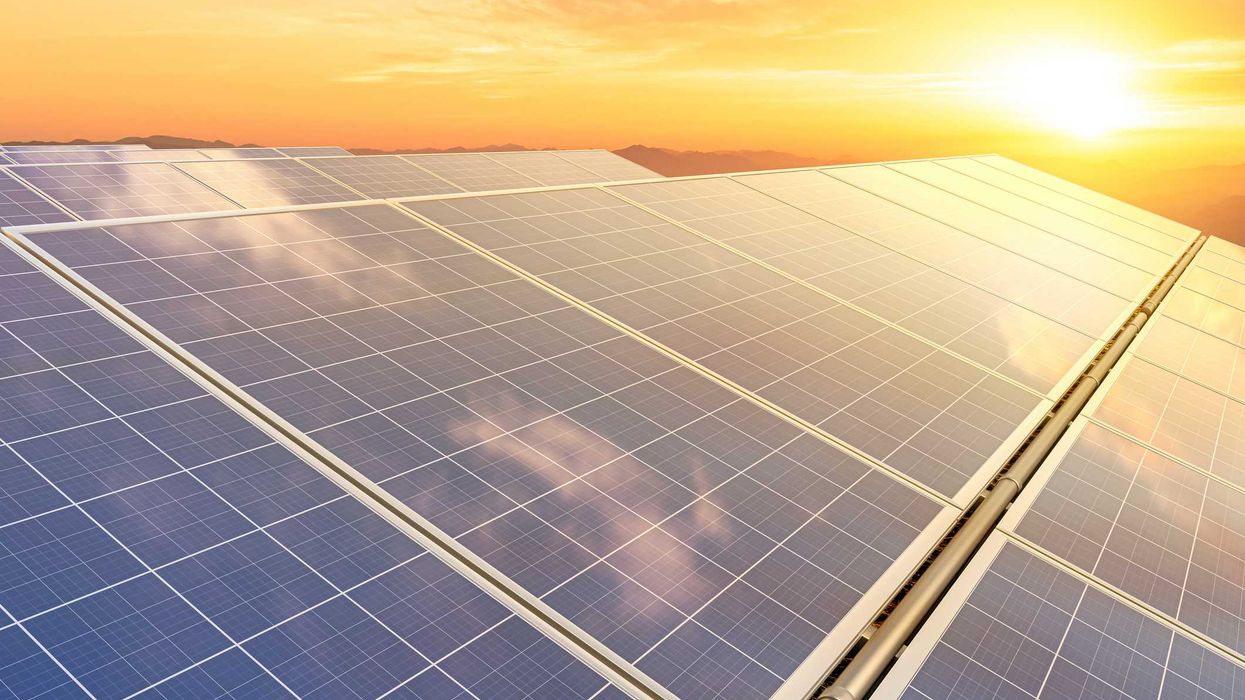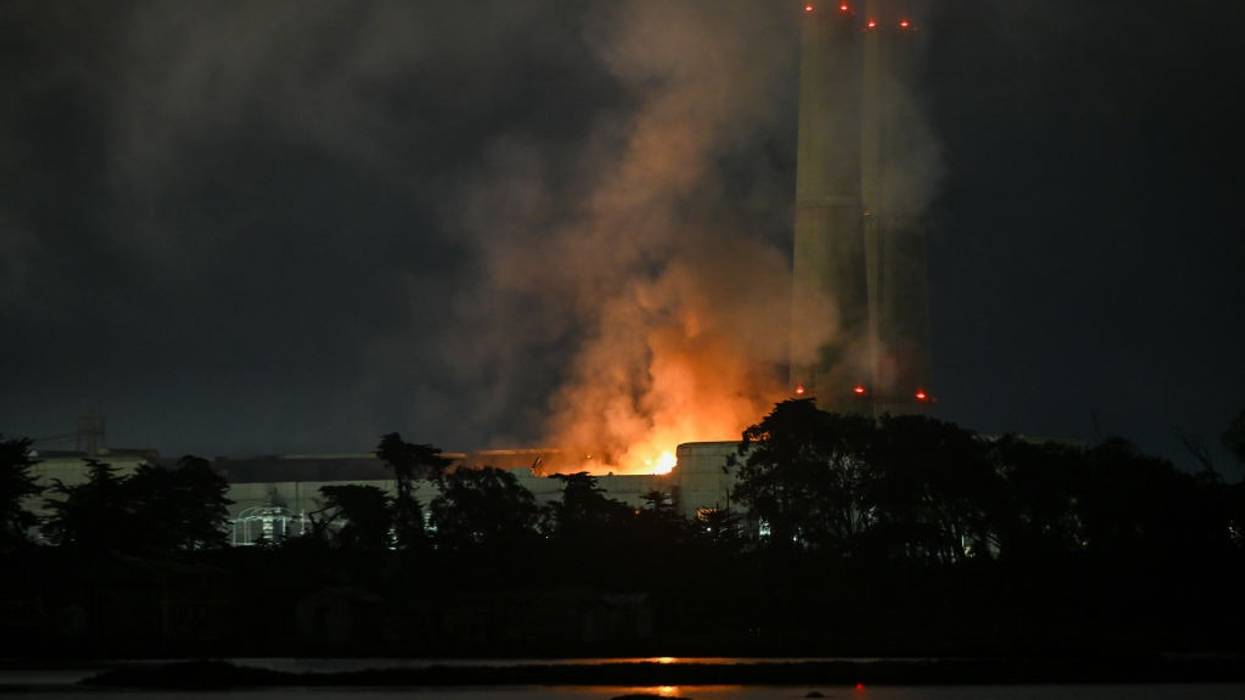Fans Want Their Teams to Stop Sportswashing Big Oil
Sportswashing uses fans’ fondness for their pro teams to fog the lethal consequences of fossil fuel sponsorships with companies like BP America, Phillips 66, and Shell.
Climate activists are calling out pro sports teams across the US Why? The answer is the teams' sportswashing partnerships with Big Oil.
According to activists, sportswashing uses fans’ fondness for their pro teams to fog the lethal consequences of fossil fuel sponsorships with Big Oil, e.g., BP America, Phillips 66 and Shell.
Call it a planet-destroying impact of the athletic-industrial complex.
The national action for sustainable humanity on Planet Earth is an outgrowth of the Sierra Club chapter of the Los Angeles’ Dodger Fans Against Fossil Fuels campaign demanding the team’s owners to drop their sponsorship deal with oil giant Phillips 66. Boo on Dodger Blue for that deal. Meanwhile, the climate dissent that began in LA didn’t stay there.
“Our region has suffered devastating wildfires in recent years, and we shouldn’t pretend that fossil fuel companies are our buddies when they are causing the climate change that worsens these disasters.”
Simultaneous anti-sportswashing actions unfolded across 10 US cities on February 17. Check it out:
- Los Angeles, Dodger Stadium, Dodgers (Phillips 66/76 gas)
- San Francisco, Oracle Park, Giants (Phillips 66/76 gas)
- Sacramento, Golden 1 Center, Sacramento Kings (AM/PM, owned by BP)
- Portland, Providence Park, Portland Timbers (Bank of America)
- St. Louis, Busch Stadium, St. Louis Cardinals (Phillips 66)
- Atlanta, Mercedes-Benz Stadium, FIFA World Cup (Aramco)
- Cleveland, Progressive Field, Cleveland Guardians (Marathon)
- Philadelphia, Lincoln Financial Field, Philadelphia Eagles (NRG)
- New York City, Citi Field, Mets (Citi bank)
- Boston, TD Garden, Boston Celtics (Gulf)
Groups participating and supporting Tuesday's action included: Communities for a Better Environment, Scientific Rebellion, Stop the Money Pipeline, EcoAthletes, Dayenu, the Center for Biological Diversity, the Sisters of Charity New York, and Third Act.
In Sacramento, activists gathered with protest signs at the Golden 1 Center, where the Kings, an NBA team, play in the Western Division. "We are asking the Kings' owner and executives to immediately end the team’s sponsorship deals with Shell, one of the world's largest oil companies, and AM/PM," said Sally Richman, a Third Act Sacramento member, in a statement.
She explains, “Our region has suffered devastating wildfires in recent years, and we shouldn’t pretend that fossil fuel companies are our buddies when they are causing the climate change that worsens these disasters.”
One of these deadly wildfires occurred in 2018, in Paradise, California, north of Sacramento. Before that cataclysmic wildfire, Paradise was a town that had a population of 27,000 people. Eighty-five people lost their lives, over 50,000 were displaced, more than 18,000 structures were destroyed, with a loss of nearly $17 billion.
The wildfire that began in Paradise didn’t remain there. Spoiler alert: The climate catastrophe does not obey human-created boundaries and limits. Consider this bit of climate history.
Sacramento residents felt the effects from poor air quality during the Camp Fire in Paradise. City officials distributed particulate respirator masks to help residents breathe normally, approved by the Environmental Protection Agency. These masks carried an N-95 classification designed to protect the lungs from small particles found in wildfire smoke. At that time, the Air Quality Index was 367 in some areas, more than double the 150 reading considered unhealthy. I can personally attest to that.
Third Act Sacramento also sent a letter via email to Kings’ management. The missive fleshed out in part its opposition to the term of deception in question:
Sportswashing occurs when a company that has harmed the public creates a financial partnership with beloved sports teams, and markets their brand to the fans to create positive associations that are undeserved. The Sacramento Kings are allowing BP America and Shell to pretend they are "good guys" by their sponsorships of the team.
Kings’ management had not responded at press time.
Personally, I’m a big fan of the NBA. My family and I have had this fan-ship in common for years during the regular season, All Star game, and of course the playoffs to watch NBA stars do their thing. In my view, we are watching among the most talented athletes in the world.
Bill McKibben is an author, environmentalist, journalist, and co-founder of Third Act and 350.org. "The greatest threat to sports in the years ahead is the rapid rise in temperature,” according to his statement, “which increasingly makes it too hot and stormy to play. So, you might say it's an error for those who enjoy—and profit from—sports to be collaborating with the industry doing the most to overheat the planet."


